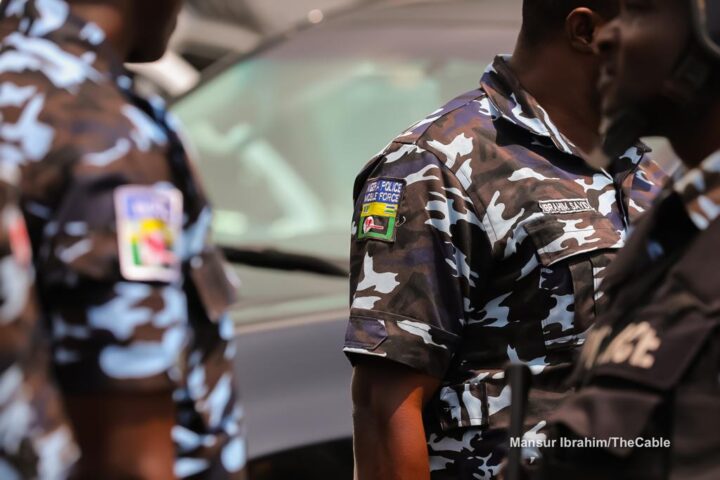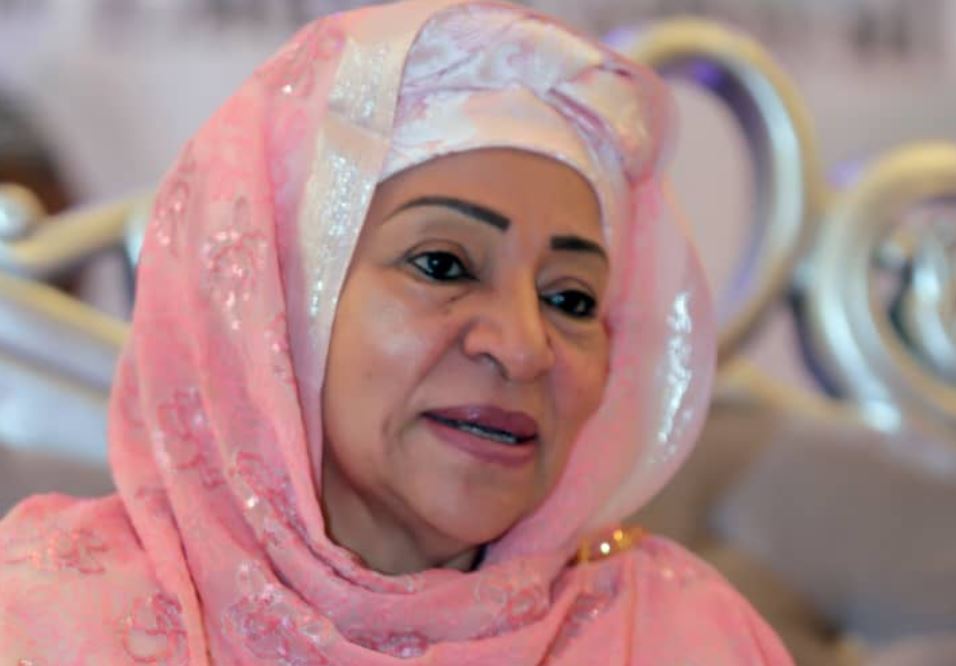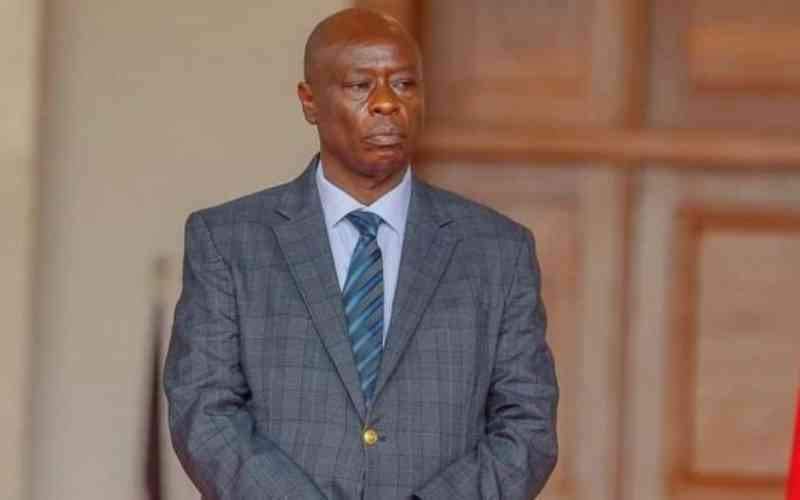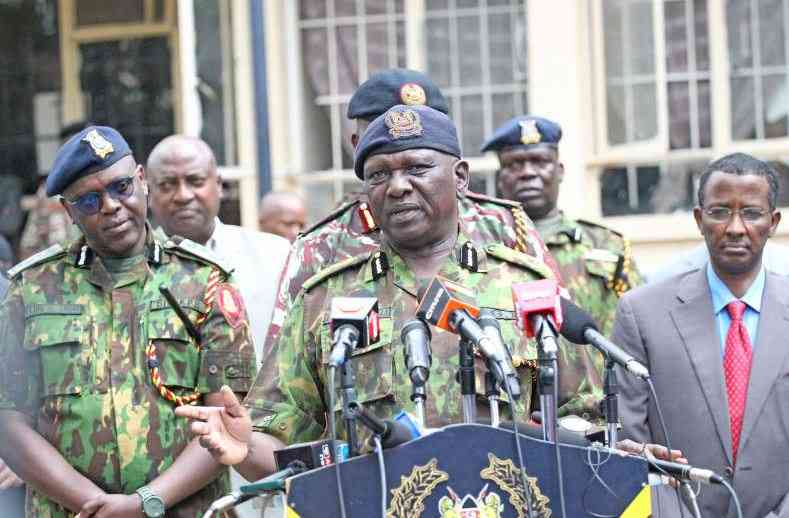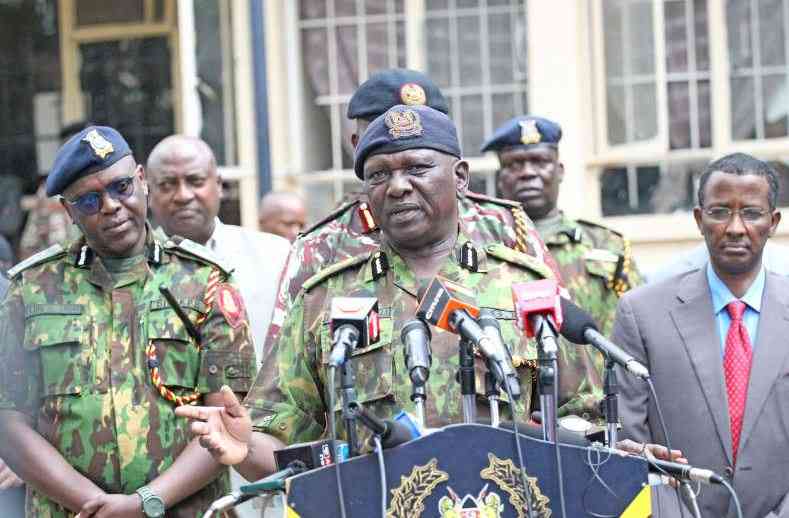Albert Ojwang didn't commit suicide; he was killed by the State
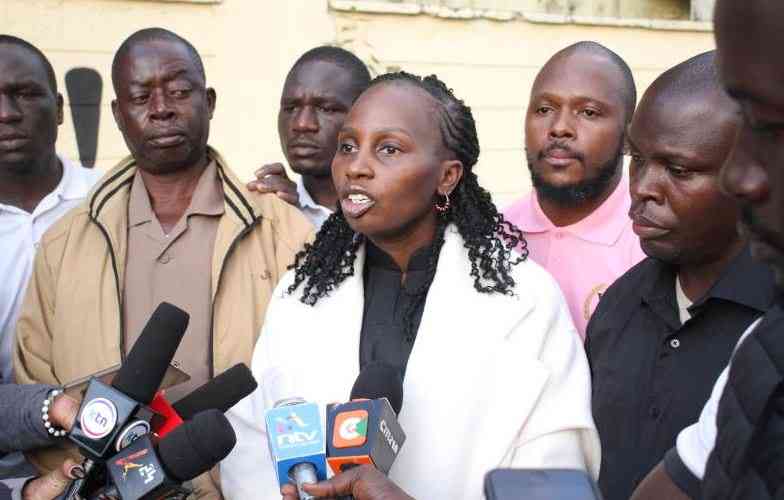
Albert Ojwang is not just another name. He was a young man. A Kenyan. A son. A citizen. A content creator. Someone with dreams, loved ones, a future. But now, he is dead—killed while in the custody of those meant to protect him.
Ojwang was arrested by officers from the Directorate of Criminal Investigations (DCI) in Migori. He was hauled across the country to Nairobi, locked up at Central Police Station—and by morning, he was dead. Just like that. And with the same chilling familiarity we have seen far too often, the official response was as quick as it was insulting: “He injured himself.” No investigation. No facts. Just the lazy deployment of a script that has been used to cover up countless other custodial deaths.
Let us call this what it is: state-sanctioned murder. Ojwang didn’t die from “self-inflicted injuries.” He died because of a broken, brutal policing culture that sees young Kenyan lives—especially those from historically marginalised communities—as disposable. He died because we still live in a country where impunity wears a badge and calls itself authority. And he died because the system does not believe it will be held to account. This, too, must end.
It is particularly painful—and frankly, absurd—that Ojwang’s death comes at a time when the Luo nation has been taking bold steps toward political cooperation with the government. After years of opposition politics, repression, and neglect, Luo leaders have begun engaging the Kenya Kwanza administration in a spirit of national dialogue and inclusion. Yet even in this new posture of goodwill, Luos continue to be met with bullets, batons, and body bags. What kind of democracy responds to outstretched hands with clenched fists?
Luo political goodwill should not be met with State brutality. This community, like all others, has a constitutional right to dignity, to life, and to protection under the law. The idea that young men from Migori or Kisumu or Mathare must still fear dying in the hands of the police even in an era of “cooperation” reveals a deeper, unresolved illness in the Kenyan state—one that no amount of political deal-making can hide.
The Constitution is unambiguous: Every arrested person has the right to be informed of the reason for their arrest, to be treated with dignity, to contact their lawyer or family, and to be presented in court within 24 hours. These are not suggestions—they are binding, enforceable rights. The moment a Kenyan is taken into custody, the state becomes fully responsible for their life and safety. Anything less is not only illegal—it is inhumane.
Ojwang’s story is not new. Too many families have buried sons and daughters killed in police stations, detention cells, and back alleys. Too many times, we’ve heard the same recycled lies. They slipped. They jumped. They fainted. They got “sick.” And just like that, life ends, responsibility vanishes, and no one is held to account.
Let us be clear: The Kenyan police are not above the law. Due process is not optional. It is the foundation of any civilised democracy. No Kenyan—regardless of tribe, age, gender, or political affiliation—should ever fear that being arrested might mean being killed. And no government that claims legitimacy can look away when this fear becomes a reality.
President William Ruto’s administration must take full responsibility for Ojwang’s death. Not just rhetorically—but legally, politically, and morally. If Ruto truly believes in the rule of law, then this case must be independently investigated, the officers involved suspended and prosecuted, and systemic reforms enacted to prevent another such killing. Anything less would be complicity.
Mr Muturi is a former Cabinet Secretary
